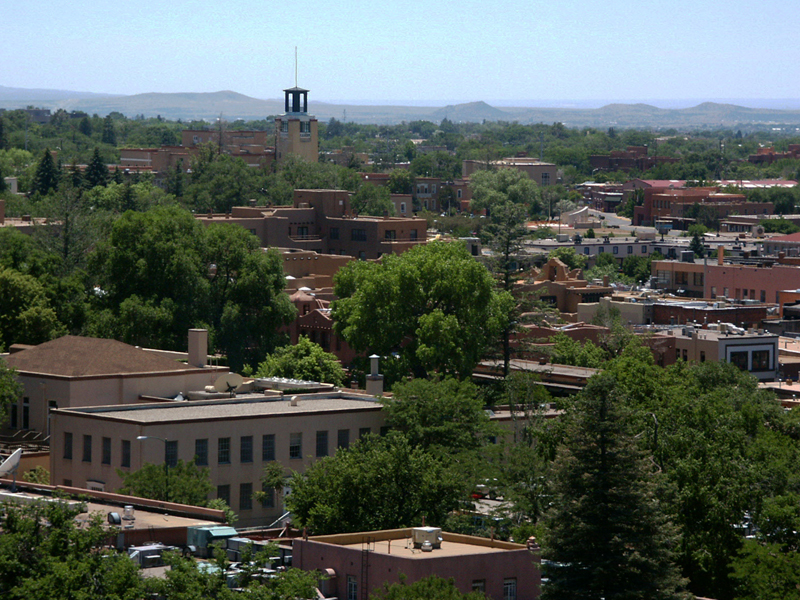The existing gambling compact in New Mexico was set to expire at the end of June 2015 and as a result a new gambling compact was proposed which had a number of amendments. The New Mexico Senate reviewed the proposed changes and then called for a vote on the new gambling compact.
The results of the vote revealed that the majority of senate members were in favor of the new gambling compact as the new compact received a 35-7 vote in favor of it. This means that tribes like the Mescal Apache, Navajo Nation, Corilla and Acoma Pueblo will now be permitted to continue with their gambling operations.
Even though the new gambling compact was approved by the majority of the senate, there were still a number of concerns from legislators who believe that there are a number of legal loopholes in the new gambling compact that can be exploited. There is also strong opposition from certain factions in New Mexico who believe that gambling should not be made legal at all.
In a statement, Sen. Carlos Cicero (D-Questa) said “Certainly the art of good negotiation is the ability to make concessions. Clearly, not everybody is happy, but that’s just the way it is. In real life, we tend to understand that when you negotiate a contract, there’s going to be give and take.”
The majority of senate members believe that the new compact would benefit New Mexico a lot more than the old compact. Sen. Clemente Sanchez stated that the new compact was thoroughly analyzed and senate members found that the state would generate a lot more revenue in the short and long term when compared to the old compact.
The tribes in New Mexico were prepared to pay the state a higher percentage from their casinos’ net winnings in exchange for retaining their gambling exclusivity. Tribal gaming in New Mexico generated a total of $731 million in 2014 and revenue is expected to grow even more under the new gambling compact. Sen. Clemente Sanchez stated that the state could earn as much as $77 million from the tribes by the year 2019.
The new gambling compact proposal in currently being reviewed by the State House and tribal leaders are pushing for legislators to make a favorable decision before the 21st of March when the legislature is set to adjourn. If the new compact is approved in the state House, it will then be sent for approval to the US Interior Department.



